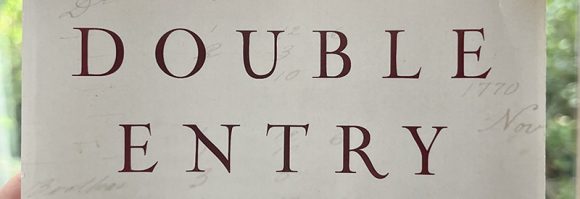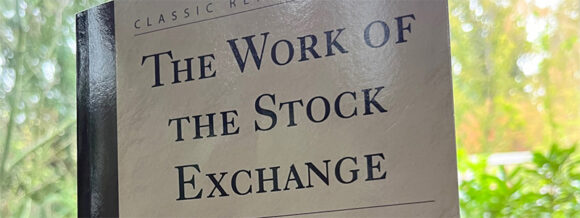
You probably don’t send as many international wires as I do, and probably have never thought about how the dollars (or euros, pounds, shillings, etc.) move from your bank to the destination bank. What may surprise you is that the money never leaves.
How this works in reality is best described with a so-called “minor” currency, e.g. the Malawi Kwacha. I have a few of these in my travel wallet as do other foreigners, especially those in the towns and cities of Zambia, Mozambique, and Tanzania near Malawi. That total is likely only worth a few million U.S. dollars, and thus in the realm of foreign exchange that all rounds down to zero and is ignored.
The question is what happens if I lend one of my Malawi companies some kwacha? My bank has no kwacha. No U.S. bank has any kwacha bills in their vault nor any Malawi government bonds they could sell for kwacha in a money market. And yet I can wire kwacha from my bank.
What happens is that my wire is nothing more than a security message over the SWIFT network from my bank to the recipient bank, likely with a major U.S. bank in between. That middle bank is needed as the recipient Malawi bank has an account in the U.S., as that is where the bank stores its U.S. dollars. To complete my wire, that invisible U.S. bank receives the values of my wire in dollars, credits the recipient bank’s account in the U.S. with those dollars, and then transfers those dollars to eitehr a seller on a forex market selling kwacha or to the Malawi Central Bank if they are a forex dealer for kwacha.
Whether independent dealer or Malawi Central Bank, the kwacha being purchased sit in a Malawi bank account until this wire finally completes, moving those kwacha to the final destination, my company’s bank account in Malawi.
Complicated, until you realize that the U.S. dollars never leave the U.S. and the Malawi kwacha never leave Malawi.
And why would they? The minor currencies have no use outside of their home countries, beyond the neighboring towns and cities. I have some kwacha in my travel wallet, but until I go back to Malawi in terms of money they are nothing but souvenirs, useless in the United States for buying anything in a local store, untradable for dollars in my local bank.
This is why cutting off a country’s access to the SWIFT network is such a powerful tool. When a Central Bank says it owns reserves in dollars, euros, and pounds, what that means in practice is that it has a bank account (and investment account) in the U.S., Europe, and London where those dollars, euros, and pounds are actually stored.
The dollar is the one exception to this rule, as millions of paper bills worth hundreds of billions of dollars are in fact in circulation around the world, including stacks of bills in the vaults of central banks. But this general idea of money never leaving its home country is true for the Euro, the Chinese Renminbi, and Japanese Yen along with the hundreds of minor currencies.
See Patrick McKenzie‘s Moving money internationally for more details and as inspiration to this post, and my own Bills of Exchange, RIP for how this worked in the British Empire, centuries before SWIFT.














